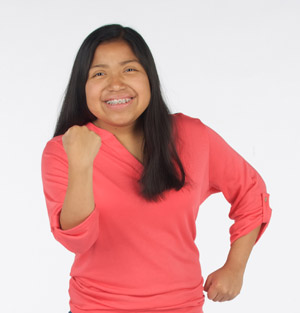
Super Smiles
KNOWN IN REAL LIFE AS:
MARITZA HARPER
SUPERPOWER:
ULTIMATE MEDICINE TAKER
DIAGNOSIS:
KIDNEY FAILURE

Meet Super Smiles at the Akron Marathon
on Sept. 29.
Meet Super Smiles
Maritza Harper, Age 13, from Munroe Falls, Ohio
Why Maritza is a #ACHero: Maritza was in first grade when her name was added to a kidney transplant list. For 8 months, she underwent dialysis, adhered to a strict diet and took daily medications while she waited for a match. A year after her transplant, she had to undergo anti-rejection treatments to help her body accept her new kidney. Thanks to her resilience, medical care and family support, Maritza has reached the 5-year mark with her new kidney and is enjoying school, sports and friends.
Sidekicks: Mom, Dad, her brother, Bryan, Grandma, Papa, her dog, Shadow, extended family and all of her friends.
When she’s not busy overcoming obstacles: Maritza enjoys throwing discus for her middle school, participating in Girl Scouts and visiting Starbucks for her favorite sugar-free drinks.
Did you know fact: Maritza is an excellent public speaker. She’s given speeches at Akron Children’s Hospital and Kidney Foundation fundraisers about what it means to be a kidney transplant patient.
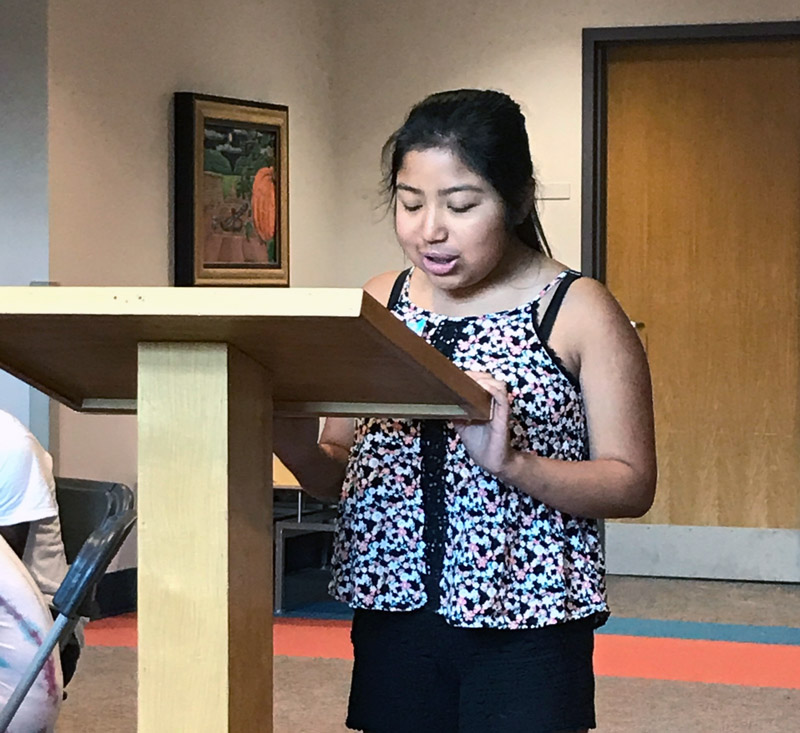
Maritza’s Story: Maritza Harper’s mom always told her good things happen to those who wait. But at age 7, Maritza wasn’t waiting for the last day of school; she was waiting for a kidney donor.
Maritza was on vacation when her mom noticed she didn’t have much energy. After a couple doctor visits and rounds of antibiotics for strep throat, her parents thought she would feel better soon. But, Maritza’s health took a turn for the worse.
“She was struggling to breathe, so I rushed her to the ER. They checked her breathing and vitals and immediately moved her to the PICU (Pediatric Intensive Care Unit) where they did tests, X-rays, labs, the works,” said Kara Harper, Maritza’s mom. “We knew something was wrong, but we weren’t ready to hear she was in complete kidney and heart failure!”
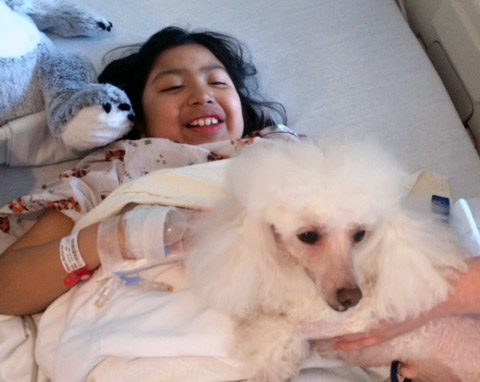
Maritza had a port inserted in her chest to get excess fluid out of her body. To get her heart and kidneys stable, the PICU team began intensive therapy and blood transfusions while nephrology nurses worked around the clock to administer and monitor emergency dialysis treatments.
“Because her kidneys and heart were both in distress, the doctors had to figure out what failed first – her heart or kidneys – so we could figure our next steps,” said Kara.
It was her kidneys.
After a week in the PICU, Maritza was moved to the nephrology department for diagnosis and treatment.
Maritza’s test results indicated she had a long-term kidney problem, possibly since birth, which slowly progressed to a severe state. Maritza’s name was put on a transplant list, and she remained dependent on dialysis until a kidney became available.
Often the quickest route to a kidney match is via the parents or siblings who share the same genes, but since Maritza was adopted from Guatemala and her brother was too young to donate, it wasn’t that easy.
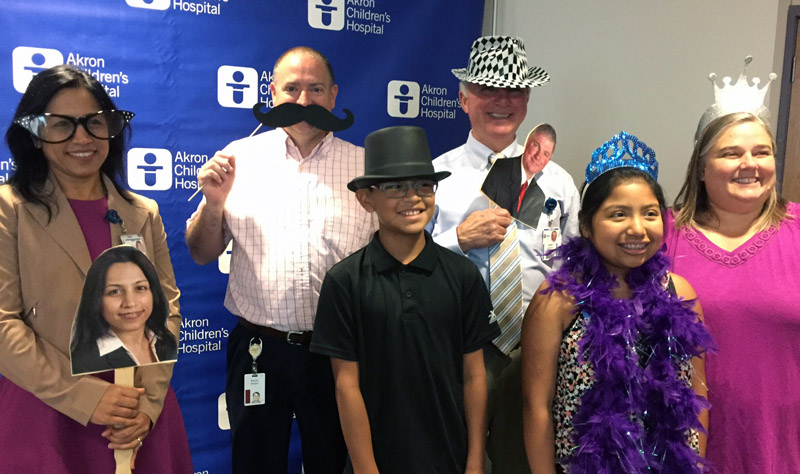
“None of us was a match; we weren’t even the same blood type,” said Kara. “So, we just had to wait. Wait for that call. Wait for that gift…”
For the next few months, Maritza came to the hospital 3 times a week for hemodialysis, a treatment that uses an artificial kidney via a large dialysis machine to remove waste, chemicals and extra water from the body.
“The dialysis center is an amazing, family-oriented space,” said Kara. “Dialysis is a very complex process and the nurses are right there and fully attentive…They make you feel like you’re the only patient they have…you’re their priority.”
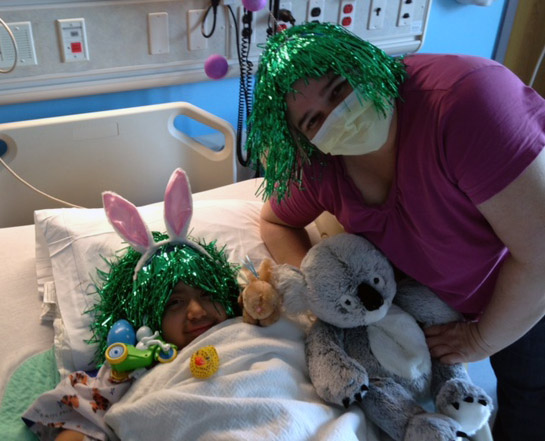
After the acute crisis was under control, Maritza transitioned to home dialysis. Each night, Maritza’s parents hooked the catheter tube that was placed in Maritza’s stomach to a dialysis machine for 10 hours while she slept.
Additionally, Maritza had to take daily medications and follow a strict diet.
“Akron Children’s dietitians do a great job of offering support,” said Kara. “Maritza’s diet has to be very low in sodium, so it takes a lot of time to learn how to shop and prepare everything in a totally new way…It was a real adjustment for the whole family.”
On Jan. 14, 2013, 8 months after her ER visit, the call came – Maritza had a match.
The transplant took and, after a few months, she was back to school.
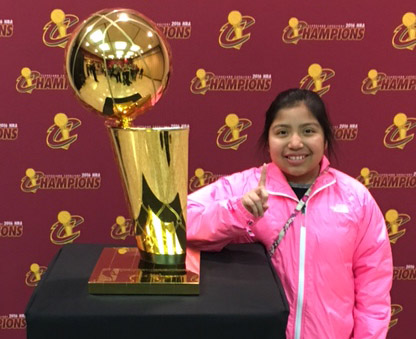
But a year later, her body began to reject the transplanted kidney. Maritza had to undergo a very strong anti-rejection treatment that included infusions of high-dose steroids and other high-potency medications to get her immune system back on track.
Now in 8th grade, Maritza still follows a strict diet and daily medications, but her vibrant smile is an outward sign of a girl who is happy and appreciative for the gift of a kidney transplant.



